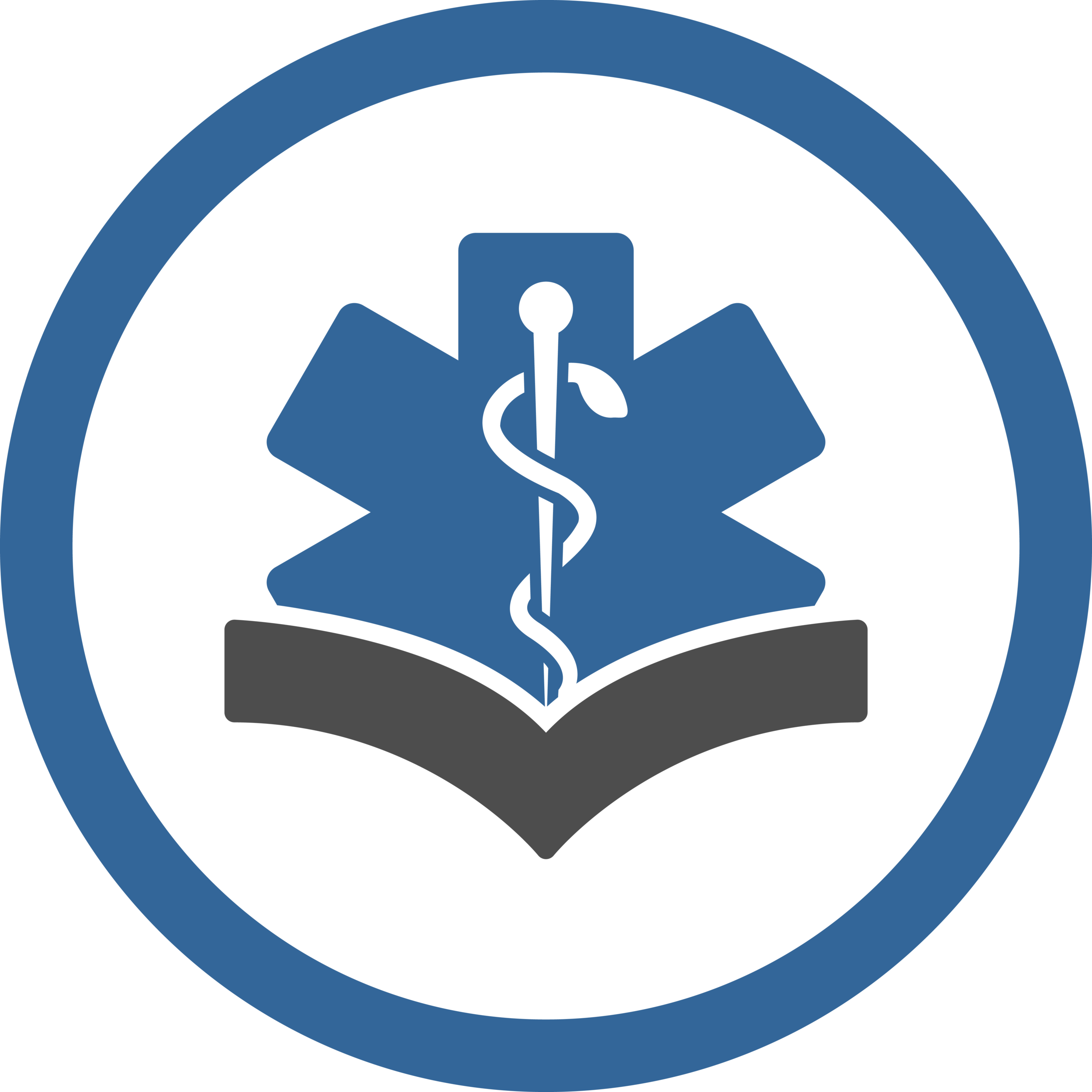We examined the role of discharge instructions in postoperative recovery for patients undergoing colorectal surgery and report themes related to patient perceptions of discharge instructions and post-discharge experience. Semi-structured interviews were conducted as part of a formative evaluation of a Project Re-Engineered Discharge intervention adapted for surgical patients. Access Full Article.
Mixed-Methods Analysis of Factors Impacting Use of a Postoperative mHealth App
Limited communication and care coordination following discharge from hospitals may contribute to surgical complications. Smartphone apps offer a novel mechanism for communication and care coordination. However, factors which may affect patient app use in a postoperative, at-home setting are poorly understood.
The objectives of this study were to (1) gauge interest in smartphone app use among patients after colorectal surgery and (2) better understand factors affecting patient app use in a postoperative, at-home setting. Access Full Article.
Ventral Hernia Management: Expert Consensus Guided by Systematic Review
To achieve consensus on the best practices in the management of ventral hernias (VH). Management patterns for VH are heterogeneous, often with little supporting evidence or correlation with existing evidence. A systematic review identified the highest level of evidence available for each topic. A panel of expert hernia-surgeons was assembled. Email questionnaires, evidence review, panel discussion, and iterative voting was performed. Consensus was when all experts agreed on a management strategy. Access Full Article.
Use of simulation to assess a statistically driven surgical scheduling system
To maximize operating room (OR) utilization, better estimates of case duration lengths are needed. We used computerized simulation to determine whether scheduling OR cases using a statistically driven system that incorporates patient and surgery-specific factors in the process of case duration prediction improves OR throughput and utilization. We modeled surgical and anesthetic length of vascular surgical procedures as a function of patient and operative characteristics using a multivariate linear regression approach (Predictive Modeling System [PMS]). Mean historical operative time per surgeon (HMS) and mean anesthetic time were also calculated for each procedure type. A computerized simulation of scheduling in a single OR performing vascular operations was then created using either the PMS or the HMS. Access Full Article.




